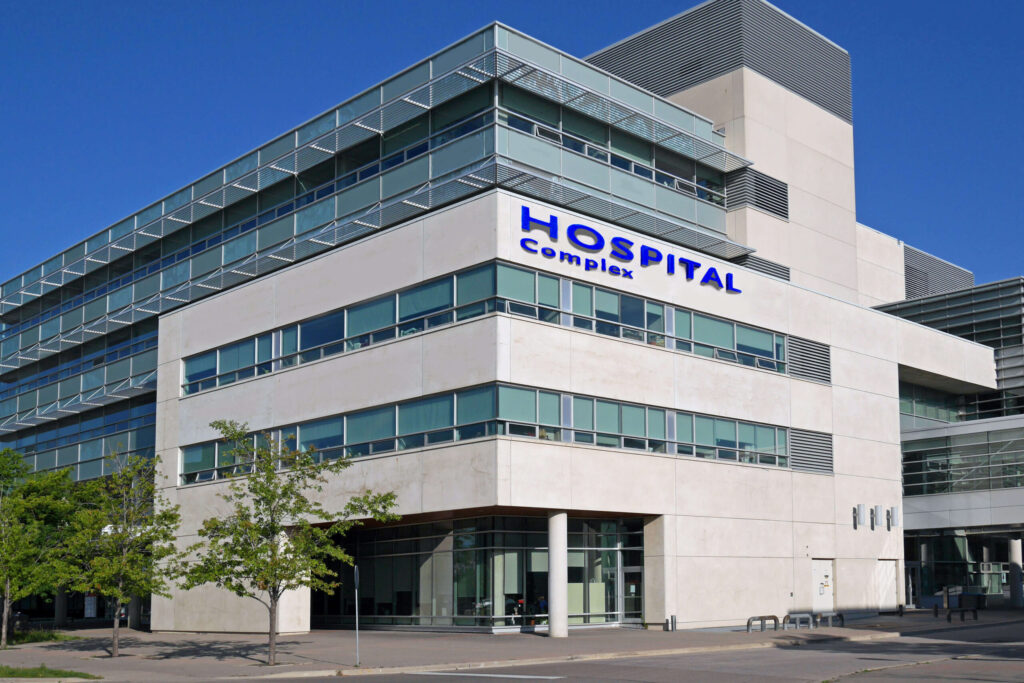In January, for the first time in its history, the Massachusetts Health Policy Commission (HPC)’s Board voted to require the Mass General Brigham (MGB) health system to submit a Performance Improvement Plan (PIP) because of the system’s substantial contributions to the state’s health care cost increases. The HPC’s comprehensive analysis of MGB cost data and decision to require the PIP comes at the same time as MGB is seeking approval from the state’s Department of Public Health to expand its hospitals and create new ambulatory facilities throughout the state. In taking this action, the HPC is addressing an identified cost trend with the PIP as well as raising concerns about MGB’s proposed expansions currently being reviewed through the state’s certificate of need process.
HPC to Require First Performance Improvement Plan for Large Health System
The HPC is an independent state agency charged with monitoring health care spending growth in Massachusetts and providing policy recommendations regarding health care delivery and payment reform. Among other activities, the HPC oversees the state’s cost-growth benchmark program and conducts cost and market impact reviews (CMIRs) to understand how significant transactions between providers may impact the health care market. If the HPC identifies a referred provider that has total health status-adjusted medical expenses that exceed the established benchmark for health care cost growth, the HPC may require that provider to complete a Performance Improvement Plan (PIP).
In January 2022, for the first time in its history, the HPC Board voted to require a PIP from MGB, which will require MGB to identify the causes of the health system’s spending growth, a savings goal, and specific action steps that MGB can take to achieve the goal. In making this decision, the HPC Board found that MGB’s spending performance has likely impacted the state’s ability to meet its health care cost growth benchmark, which has been exceeded in 2018 and 2019. The Board determined that if not addressed, spending at MGB will likely result in the health care costs continuing to exceed the state’s benchmark target. From 2014 to 2019, MGB had more cumulative commercial spending in excess of the benchmark than any other provider, totaling $293 million. The largest provider group within the MGB system has spending levels substantially higher than insurer network averages and is consistently among the highest in the state for the top three commercial payers.
Through the HPC’s review process, MGB had opportunities to provide its own data and present factors that may be contributing to high costs. For example, MGB stated that pharmacy costs are a consistent driver of medical expenditures. However, through reviewing medical expenditure data from 2017–2018, the HPC found that pharmacy was not a top driver of costs.
MGB now has 45 days to file a proposed PIP with the HPC, request a waiver, or request an extension. Once the HPC receives the proposed PIP, the Board will vote on whether to approve it based on a variety of factors. If approved, MGB is subject to ongoing monitoring during an 18-month implementation period. After those 18 months, if the HPC Board finds the PIP is unsuccessful, it may require further action from MGB and can also levy a fine up to $500,000 for non-compliance.
Other states will be watching how the PIP process unfolds in Massachusetts. Following the Commonwealth’s lead, a number of other states have begun to implement cost-growth benchmark programs, including most recently in Nevada and New Jersey, where Gov. Steve Sisolak and Gov. Phil Murphy signed executive orders to establish benchmarks at the end of 2021. In 2021, Oregons cost-growth benchmark program was enhanced to include more enforcement mechanisms including the ability to require performance improvement plans like Massachusetts and fine payer or provider organizations that exceed the benchmark for three out of five years.
HPC Reports That Proposed Health System Expansions Will Raise Costs
In addition to requiring a performance improvement plan, the HPC board also voted in January to submit a public comment on three pending Mass General Brigham Determination of Need (DoN) applications, Massachusetts’ version of certificate of need.
In early 2021, MGB filed DoN applications for three substantial capital expenditures, totaling $2.3 Billion, including the expansion and renovation of Massachusetts General Hospital (MGH) and Brigham and Women’s Faulkner Hospital (Faulkner), as well as the creation of three new ambulatory sites across the state.
In determining whether to grant a DoN, the Department of Public Health (DPH) considers, among other factors, if an applicant has “sufficiently demonstrated that a proposed project will meaningfully contribute to the Commonwealth’s goals for cost containment, improved public health outcomes, and delivery system transformation.” DPH required an Independent Cost Analysis (ICA) to be conducted on each of the three applications, funded by MGB, which were released at the end of December.
While the HPC does not have formal authority over the DoN process, it can produce expenditure analysis and submit public comments. Leveraging its data analysis capacities and types of data similar to that used in its Cost and Market Impact Reviews, the HPC conducted its own analysis of the proposed MGB projects and ultimately concluded that the that the expansions are not in line with state’s cost containment goals.
The HPC found that in total, the proposed expansions would increase inpatient beds at MGH by 16.6% to 18.9% and beds at Faulkner by 45.6%. Based on conservative projections, the projects are likely to increase yearly commercial health insurance spending in Massachusetts by $46 million to $90.1 million.
This evidence will be considered in the state’s DoN review. Massachusetts DPH has four months to review the MGB’s application, with the option of a two-month extension (the clock was paused during the independent cost-analyses). A final decision on MGB’s proposed expansion is expected sometime this Spring or early Summer.
Impact of HPC’s Actions for Other States
Other states that are implementing cost-growth benchmark programs may consider Massachusetts a model for applying the benchmark infrastructure to examine proposed mergers and use collected data to bolster existing Certificate of Need (CON) programs. Across the country, 35 states have CON programs in place, although they vary dramatically based on which facilities are subject to CON, the range of activities that trigger a CON review, and the information considered during review. A primary challenge to state CON programs is having access to relevant cost data and analysis capacity to properly study the impact on care delivery and the expense of proposed expansions.
Massachusetts offers an example for other states interested in creating infrastructure that allows cost-growth benchmarks and CON programs to work with one another. While cost-growth benchmark programs are successful at studying spending growth, they provide a retrospective rather than prospective look at health care costs in a state. CON programs continue to be one of the few, albeit limited, tools to control future expansions, consolidation, and growth in costs. Leveraging data and analysis from cost-growth benchmark programs, may allow for more in-depth CON review processes.




